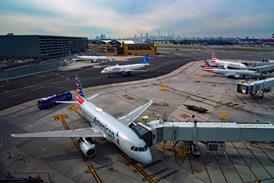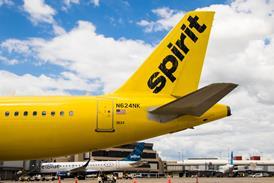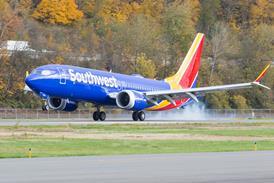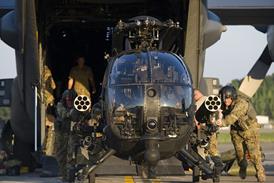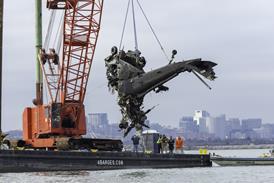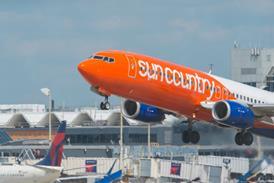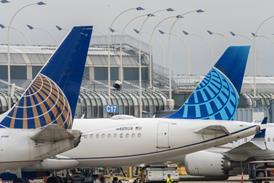Qatar Airways has lost a bid to force Airbus to continue producing A321neo jets, after a judge in London dismissed a request from the airline after the airframer cancelled Qatar’s order for 50 of the type.
FlightGlobal was in London’s High Court to hear the ruling on 26 April, which is linked to the continuing legal tussle between the two sides over skin-paint deterioration on several Qatar A350s.
Airbus had cancelled the A321neo order, citing a cross-default clause following breach of contract, after Qatar refused to accept delivery of further A350s.
Qatar Airways had argued that Airbus could not cancel the A321neos and had sought an injunction to force the airframer to continue building them.
But the oral ruling frees Airbus to make its own decision, and bear the risk of incurring damages if the ultimate ruling on the A350 case goes against the airframer.
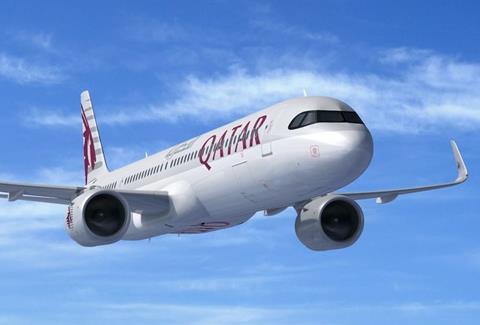
If the judgement had favoured Qatar, Airbus could have been forced to build the A321neos – with the possibility of having to dismantle them, at Qatar’s expense, and sell them to other customers if the airline lost the A350 case.
Qatar Airways had argued that it specifically needed the A321neos for their long-range capabilities, with 10 of the jets set to be the A321LR version, but the judge appeared to cast doubt on the claim.
The evidence that Qatar required the aircraft for particular future long-haul routes – such as Bergen Toulouse, Lyon and Bilbao – on which twin-aisle aircraft would be unsuitable, was “flawed and uncertain”, the judge said.
With over 150 leased aircraft in its fleet, the airline was sufficiently familiar with the leasing market to examine alternative sourcing of A321s or similar types, such as the Boeing 737 Max.
The judge pointed out that Qatar Airways had reached a preliminary agreement with Boeing to take 50 737 Max jets just two weeks after Airbus cancelled the A321neo deal.
Qatar had argued that this 737 Max agreement was not a response to the cancellation. The judge could not exclude the possibility that the Max deal was entirely separate and perhaps brought forward, but pointed out that the airline had not released documentation which would bring clarity to the Max agreement.
At the time of the cancellation the airline would have received its first A321neo in January 2023.
Given the legal wrangle, and the uncertainty over whether it had to continue building the jets, Airbus had adopted a notional industrial schedule, opting not to resell the manufacturing slots, but shifting the planning – with the result that the first aircraft would have been deferred to the fourth quarter of 2023.
Although A321neos are in high demand, the judge stated, and airlines placing an order might have to wait until 2028 to receive them, Qatar Airways was “unlikely” to be pushed to the “back of the queue”.
Airbus and Qatar remain locked in a broader battle over the A350, which centres on the safety of the aircraft given the skin-paint deterioration, and which has yet to be resolved. The court hearing was due to set out a schedule for proceeding with this main case.

